OnPage SEO Services
Best OnPage SEO Services From Top-Rated SEO Experts In India
Best OnPage SEO Services Company in India – Brand Obility has a team of experienced SEO professionals who specialize in delivering top-notch on-page SEO services to clients across various industries.
Here you want to write a short paragraph that quickly explains exactly what your offer is and how it’s the perfect solution.
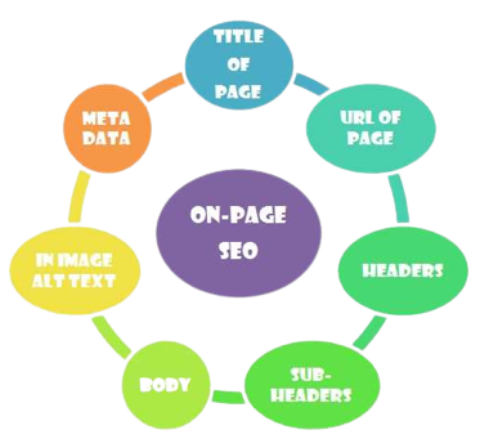
What Is OnPage SEO?
OnPage SEO is all about optimizing a website’s pages to make them more search engine friendly for the targeted keywords and audience and enhance their ranking in search engine results pages (SERPs). Essentially, it’s about making your website as effortless to find and navigate as possible. To achieve this, there are many techniques that businesses and website owners can use, such as creating high-quality content that’s relevant to their audience, using relevant keywords throughout their content and meta tags, and making sure their website is visually adorable and easy to navigate.
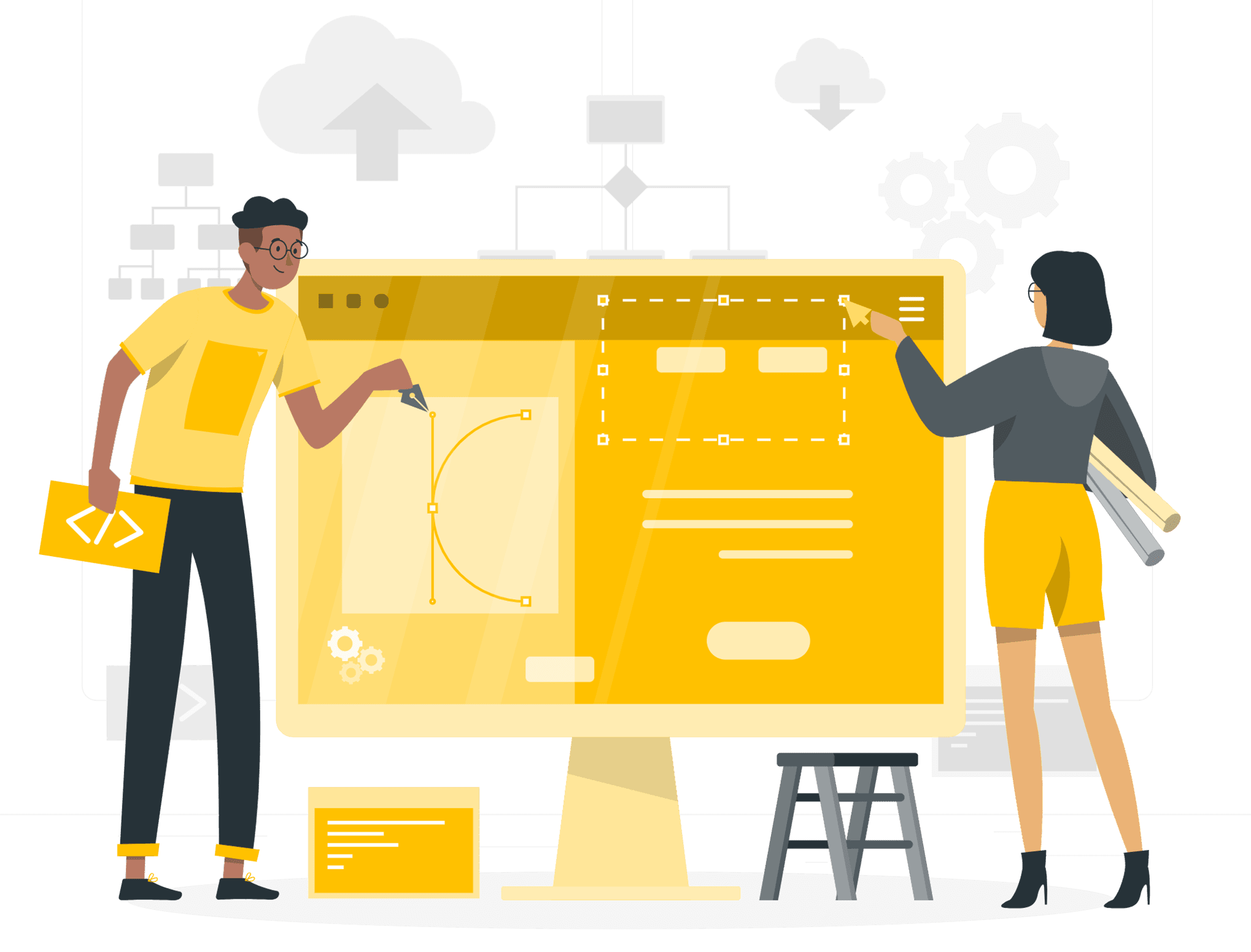
One of the key things to remember about On-Page SEO is that it’s all about providing a great user experience. That means making sure your website is easy to use, loads quickly, and has relevant and engaging content that keeps visitors coming back for more. It also means making sure your website is mobile-friendly, as more and more people are accessing the internet on their mobile devices these days.
What Is Included In On-Page SEO Services?
Some of the most important On-Page SEO factors include using descriptive and keyword-rich titles and meta descriptions, incorporating header tags to structure your content, and optimizing your images and videos with descriptive alt tags. By accomplishing all of these things, businesses and website owners can improve their website’s online visibility and attract more organic traffic, ultimately increasing their chances of ranking higher in SERPs.
- Our On-Page SEO Services Include: -
OnPage SEO Services Overview
Keyword Research
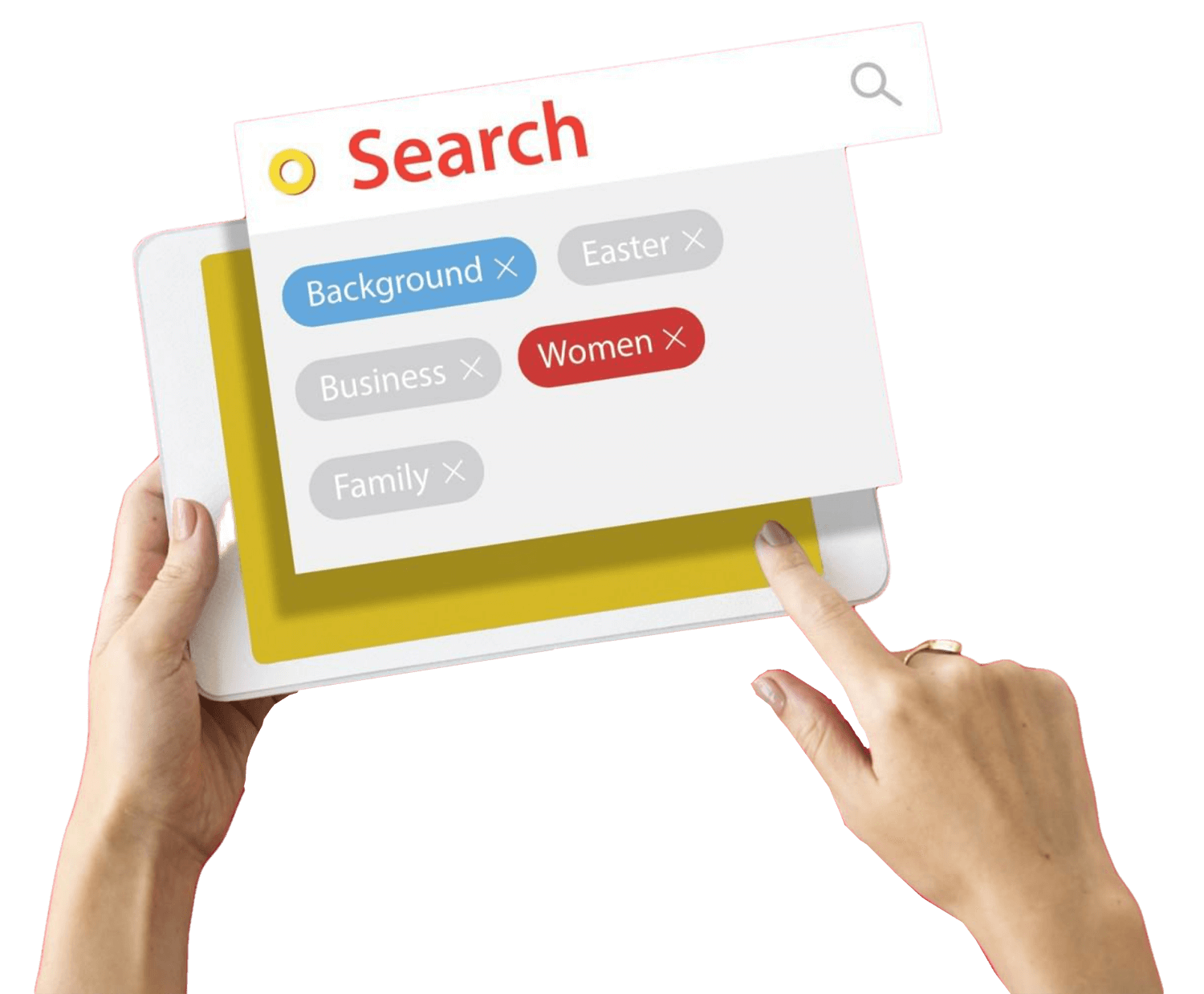
Keyword Research
Keyword research is the process of identifying the words and phrases that people use to search for information on search engines like Google, Bing, and Yahoo.
It is a critical aspect of search engine optimization (SEO) as it helps in optimizing the website’s content and improving its visibility on search engine results pages (SERPs).
Importance Of Keyword Research In SEO
- Keyword Research Is Crucial In SEO Because
How Do We Do Keyword Research
Keyword research involves the following steps:
Identify the target audience and understand their search behavior.
Brainstorm a list of keywords that are relevant to the website’s content.
- Analyze the competition and identify the gaps in the market.
- Use keyword research tools to expand the list of keywords and identify the search volume and competition level for each keyword.
- Select the keywords that have a high search volume and low competition level.
Use the selected keywords in the website’s content, title tags, meta descriptions, and URLs.
Tools We Use For Keyword Research In SEO
Some popular keyword research tools are:
Meta Tag Optimization
Meta tags are snippets of code that are placed in the head section of a web page’s HTML code. They provide information about the web page to search engines and website visitors.
Meta tags do not appear on the web page itself but are visible to search engines and are used to provide information about the page’s content.

Importance Of Meta Tags
Meta tags are important for SEO because they help search engines understand the content of a web page. They provide information such as the page title, description, and keywords, which help search engines and users understand what the page is about. Properly optimized meta tags can help improve a web page’s visibility in search engine results pages (SERPs) and attract more traffic to the website.
How Do We Write SEO-Friendly Meta Tags
To write SEO-friendly meta tags, follow these tips:
Sitemap
A sitemap is a file that provides a list of all the pages on a website, including the URLs and metadata for each page. The purpose of a sitemap is to help search engines crawl and index all the pages on a website more efficiently.
Sitemaps can be created in various formats, such as XML, HTML, or TXT, and can be submitted to search engines to inform them about the website’s structure and content. This helps search engines understand the website’s organization and hierarchy, which can help improve the website’s search engine ranking.
Sitemaps can also include additional information about each page, such as the date it was last modified, the frequency of updates, and the importance of the page relative to other pages on the site. This metadata can help search engines determine which pages to crawl and how often to revisit them.
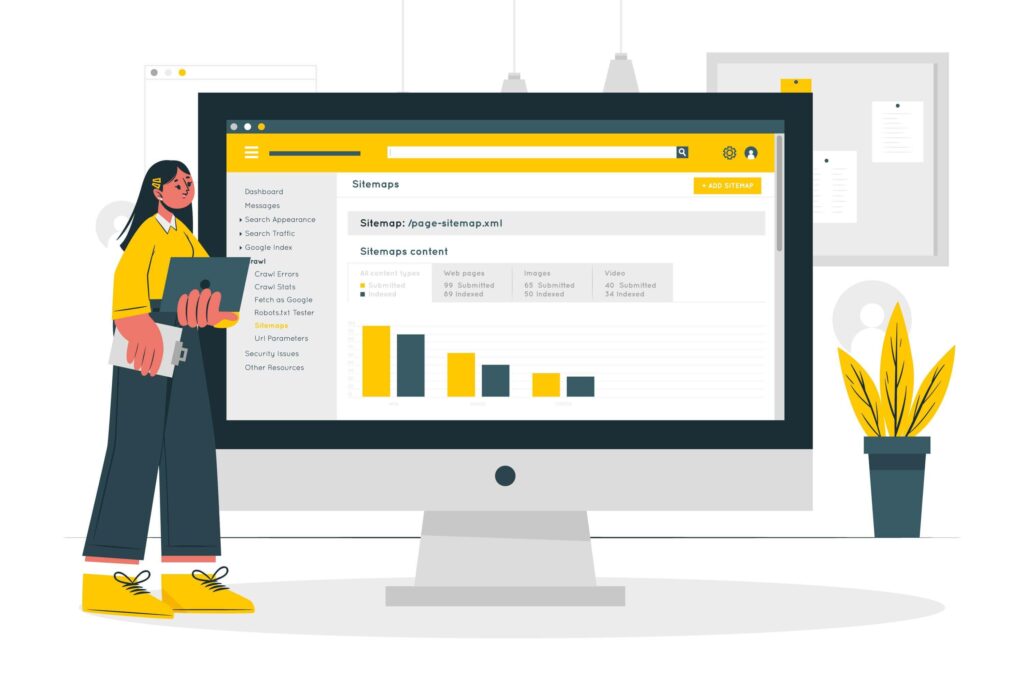
In addition to helping search engines, HTML sitemaps can also be useful for website visitors, as they provide a quick and easy way to navigate to different pages on the site. Some websites may include a link to their sitemap in the footer or navigation menu to make it easily accessible to users.
Robots File Optimization

A robots.txt file is a file that instructs search engine crawlers which pages or directories on a website they should or should not crawl. Optimizing a robots.txt file can help improve a website’s search engine optimization (SEO) by preventing search engines from crawling pages that are not important or should not be indexed.
How Do We Optimize Your Robots.Txt File?
Overall, optimizing a robots.txt file can help improve a website’s SEO by preventing search engines from crawling unimportant or sensitive pages while allowing access to important pages.
Heading Tag Optimization
Heading tags (H1, H2, H3, etc.) are important elements of on-page optimization in SEO. They help search engines understand the structure and hierarchy of the content on a webpage and can improve the user experience by making the content easier to read and navigate.
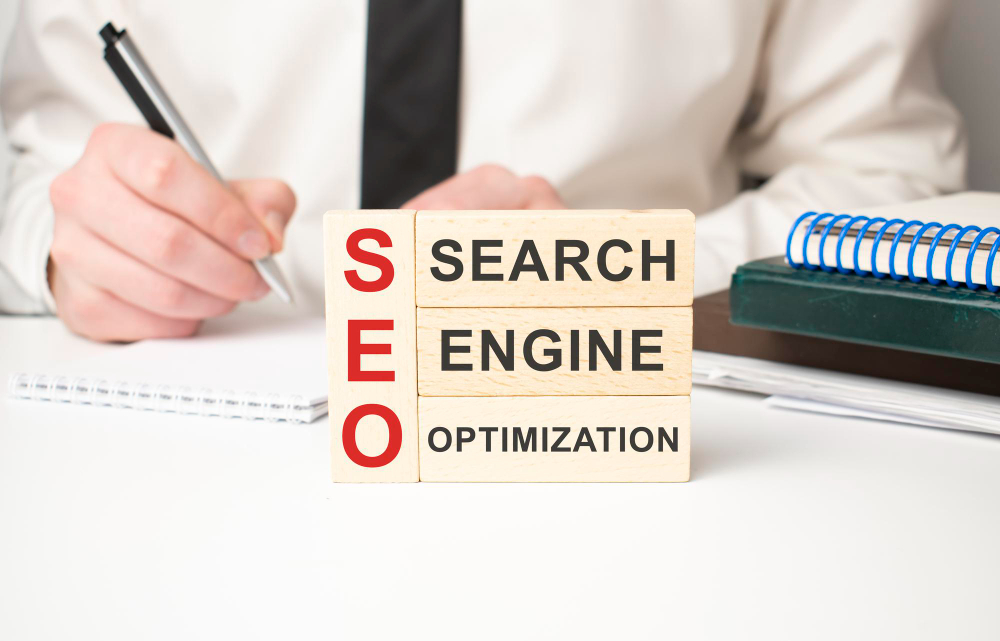
Here Is How We Optimize Your Website’s Headings For Better SEO
Overall, optimizing a robots.txt file can help improve a website’s SEO by preventing search engines from crawling unimportant or sensitive pages while allowing access to important pages.

Alt Text Optimization
Alt text (alternative text) is a descriptive text that is added to an image on a webpage to describe its content.
It is an important element of on-page optimization in SEO as it helps search engines understand the content of the image and can improve the accessibility of the webpage for visually impaired users.
Here Is How We Optimize Your Images For Better SEO
In summary, optimizing alt text can improve the SEO and accessibility of a webpage. Use descriptive and concise language, include relevant keywords, be mindful of context, never leave it blank, and use proper formatting.
Content Optimization
Content optimization is the process of optimizing website content to improve its search engine visibility and attract more traffic.
What do we do to optimize your website’s content for better SEO?
Internal Linking Optimization
Internal linking refers to the practice of linking pages within the same website. Internal linking is important in SEO for several reasons:
Helps search engines crawl and index pages: Internal linking helps search engines understand the structure and hierarchy of a website. When search engines crawl a webpage, they follow links to other pages within the website, which helps them discover new pages and content.
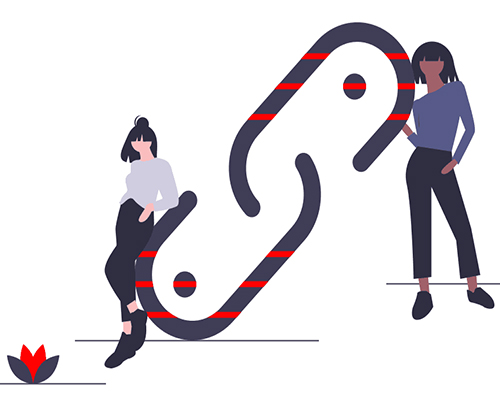
Internal linking is important in SEO for improving website architecture and navigation and user experience, distributing link equity, enhancing keyword relevancy, and increasing page authority. By linking pages within a website, you can improve the search engine visibility and ranking potential of individual pages and the overall domain authority of the website.
How Do We Optimize Websites For Better On-Page SEO Scores?
To optimize the website for a better On-Page SEO score, it’s important to centralize the audience’s needs and interests. We start by performing keyword research to choose our website’s most relevant and valuable keywords. It helps us to generate content that reverberates with our target audience and improves the likelihood that they’ll find and engage with your website.
To optimize the website for a better On-Page SEO score, it’s important to centralize the audience’s needs and interests. We start by performing keyword research to choose our website’s most relevant and valuable keywords. It helps us to generate content that reverberates with our target audience and improves the likelihood that they’ll find and engage with your website.
Technical SEO factors are also critical for better On-Page SEO. We Optimize a website’s page speed by compressing images, minifying code, and enabling caching to ensure a fast and responsive experience for your users. We Make sure the website is mobile-friendly and easy to navigate, especially since more and more people are accessing websites from their mobile devices. Must check our technical seo services.
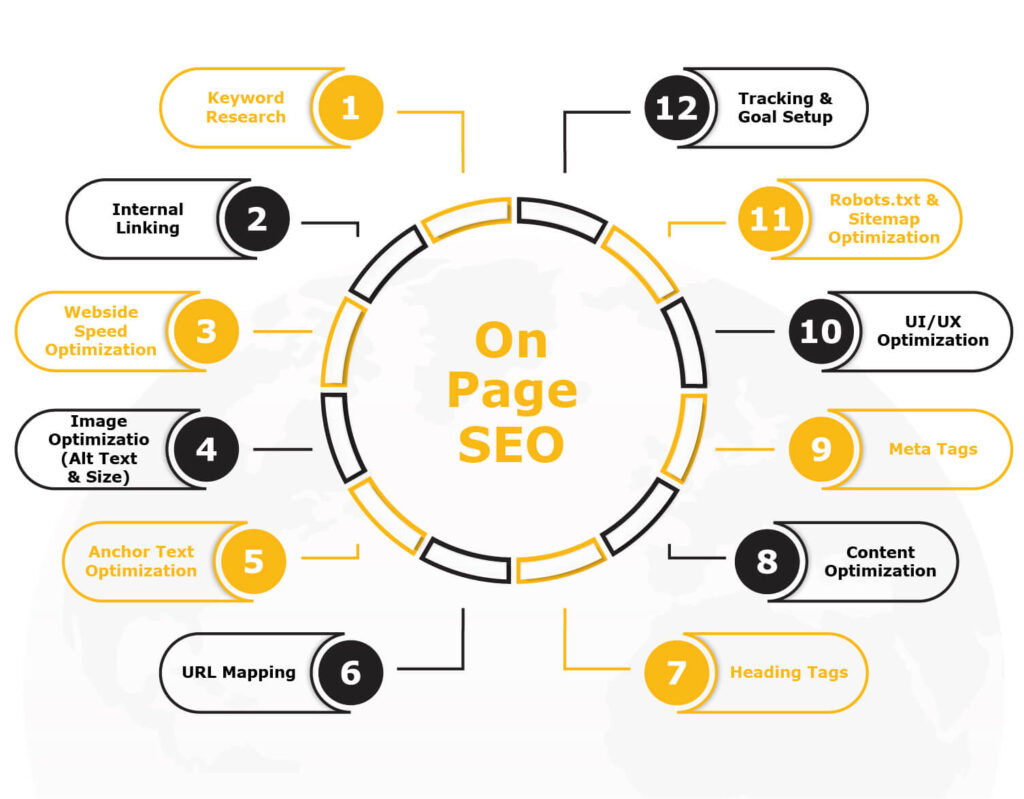
Finally, we track and monitor website performance using tools like Google Analytics and Search Console. This will help us identify areas for progress and make data-driven decisions to continually optimize the website for a better On-Page SEO score.
Overall, optimizing a website for a better On-Page SEO score needs a user-focused strategy that considers the audience’s needs and preferences. By using relevant keywords, developing high-quality content, optimizing technical factors, and following your website’s performance, we can attract more visitors and improve your website’s search engine rankings.
Why On-Page SEO Is Important?
On-Page SEO is one of the most critical components of any SEO strategy. It applies optimizing web pages to rank higher in search engine results pages (SERPs) and attract more organic traffic.
There are several reasons why On-Page SEO is important for businesses today. Firstly, it helps to establish credibility and authority within a niche or industry. When done correctly, On-Page optimization sends signals to search engines that a website offers high-quality content that is relevant to specific keywords or phrases. This helps to build trust with both users and search engines – ultimately leading to better rankings and increased traffic over time.
Another significant benefit of On-Page SEO is that it can help businesses compete with larger corporations in highly competitive markets.
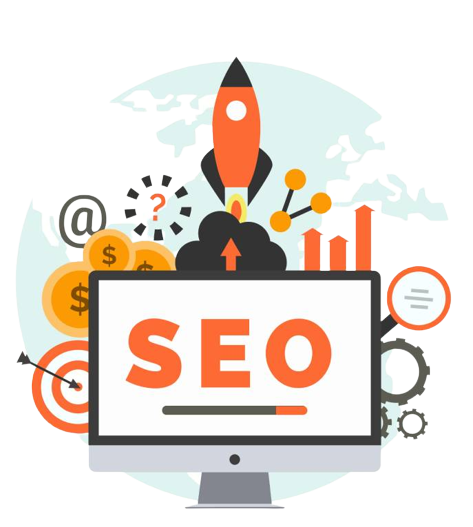
Why Brand Obility For Best On-Page SEO Services?
If you’re looking for the best onpage SEO services, then Brand Obility is the place to be. Many businesses are struggling with their online visibility due to a lack of appropriate optimization techniques. However, with our team of experts, you can rest assured that your website will rank higher in search engines.
At Brand Obility, we understand the significance of on-page SEO in enhancing website performance. We use cutting-edge tools and techniques to analyze every aspect of your website, including its structure, content, meta tags, titles, headings, images, and more. Based on their analysis, they create a customized plan that addresses all areas of improvement required for ranking higher in search engines.
With Brand Obility as your partner for on-page SEO optimization Services in India, you can expect world-class OnPage SEO service with 100% transparency throughout the process.
Our comprehensive SEO services include optimizing your website’s content, meta descriptions, tags, and internal linking structures. All these factors play a crucial role in specifying your search engine ranking position (SERP).
Our on-page SEO experts use only the most delinquent and innovative approaches to ensure that our clients accomplish their expected results. We work closely with our clients to understand their unique needs and objectives before developing an effective strategy that delivers results.
We offer the best SEO Services at very affordable prices. Visit our Complete SEO Packages that include offpage SEO services and content marketing services to provide better results for your SEO campaign.
Here are some common questions about Hexa.
Lorem ipsum dolor sit amet, consectetur adipiscing elit, sed do eiusmod tempor incididunt ut labore et dolore magna aliqua. Ut enim ad minim veniam, quis nostrud exercitation ullamco laboris nisi ut aliquip ex ea commodo consequat.
Lorem ipsum dolor sit amet, consectetur adipiscing elit, sed do eiusmod tempor incididunt ut labore et dolore magna aliqua. Ut enim ad minim veniam, quis nostrud exercitation ullamco laboris nisi ut aliquip ex ea commodo consequat.
Lorem ipsum dolor sit amet, consectetur adipiscing elit, sed do eiusmod tempor incididunt ut labore et dolore magna aliqua. Ut enim ad minim veniam, quis nostrud exercitation ullamco laboris nisi ut aliquip ex ea commodo consequat.
Lorem ipsum dolor sit amet, consectetur adipiscing elit, sed do eiusmod tempor incididunt ut labore et dolore magna aliqua. Ut enim ad minim veniam, quis nostrud exercitation ullamco laboris nisi ut aliquip ex ea commodo consequat.
Where to find us
Services
Packages
About Us
All Rights Reserved By Brand Obility Pvt. Ltd.
(We only use and operate brandobility.com. Beware of other similar domains.)